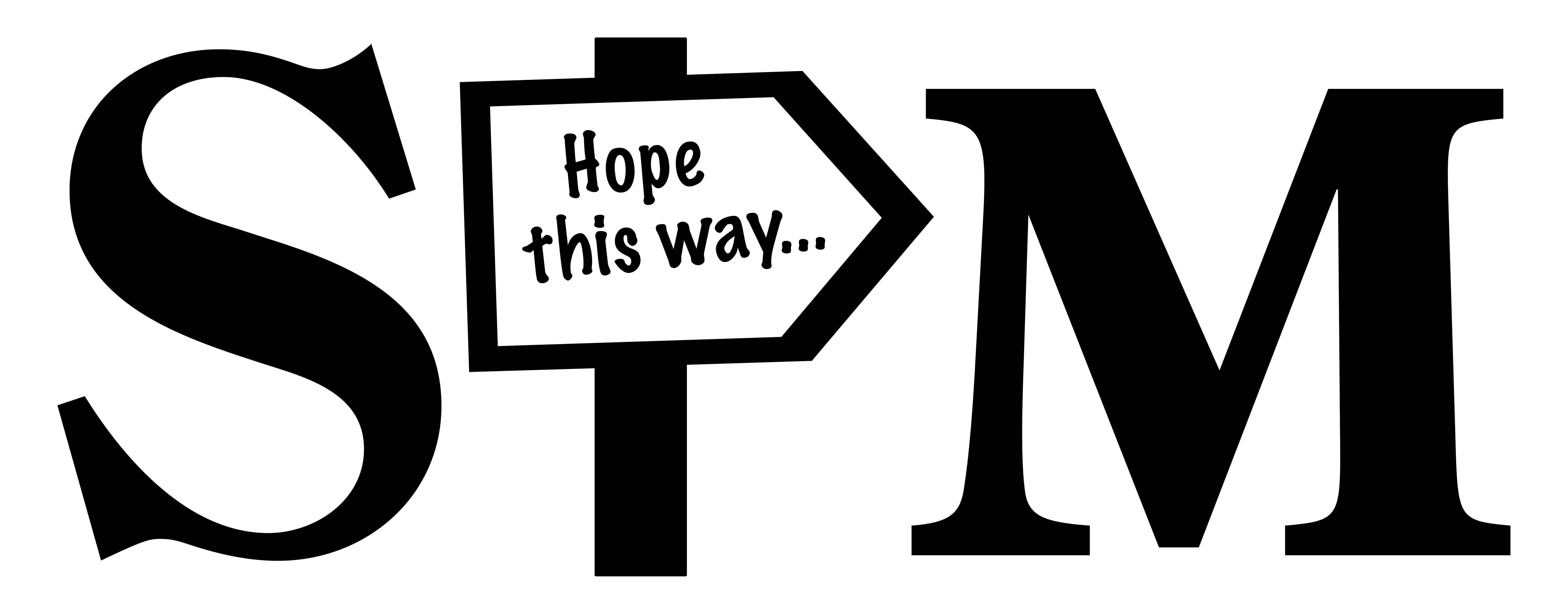“One of the most insidious myths surrounding disability is that it is a categorical burden, and, in fact, it would be better for people with disabilities never to be born than to live with the challenges presented by Down syndrome or other disabling conditions,” writes Amy Julia Becker. Becker is the mother of a child with Down syndrome, and has chronicled the early days of her experience as a new mother to a child with a disability in the book A Good and Perfect Gift.
She continues, “Of course, the countervailing myth that all people with disabilities are blessed angels provides its own false and insidious narrative. Unqualified pronouncements of blessing and burden diminish and distract from the truth: people with disabilities are fellow human beings, who give and receive. They bless. They are blessed. We all are blessed.”
This giving and receiving confounds our understanding. It is sometimes easier to see people as only a potential beneficiary or a potential benefactor — and difficult to perceive the possibility that they are both.
In my experience on the mission field, I saw this challenge, especially for short-term missionaries who arrived with every intention of being the blessing and bringing the blessing. Instead, they were confounded by the generosity of the people they felt they should’ve been ministering to. Surprised by the gifts they found — gifts of joy and contentment they were surprised to receive when they came with every intention of being the givers.
And so it often is with people with disabilities.
The knowledge of good and evil — that which we partook of when we first ate the fruit in the garden — it seems to tinge the way that we see all of life. As human beings, we struggle with the ability to accept persons with disabilities, perhaps simply because we don’t know how to categorize their existence.
To me, it seems the knowledge of good and evil forces us to judge all of life — to assess everything that is, and say “Good” or “Not Good.” In the beginning, God created the heavens and the earth and everything in them and said “Good.” (And it was only when He saw Adam alone–outside community and without a suitable helper–that He said “Not Good.”)
I wonder how we might have better accepted the differences in all of us — the talkative among us, the abrupt among us, the differently-abled among us, the short-tempered among us — if we lived in a time before we ate the fruit.
As it stands to date, we consistently need reminders that what we might initially perceive as “Not Good” is often rightly received as a “good and perfect gift from above, [which] comes down from the Father of lights, with whom there is no variation or shadow of turning.” {James 1:17 NKJV}
Becker’s book looks to be one of those beautiful reminders — disability is neither a path always lined with daisies, nor a rose with no petals and all thorns.
Perhaps her words will provide you with some much needed encouragement.
You can read more from Amy Julia Becker at her blog, Thin Places.




Trackbacks/Pingbacks